
Damascus
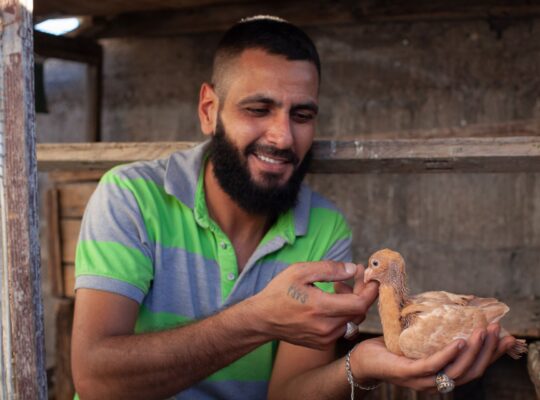
The Pigeoneers of Damascus
Above Damascus, pigeons flying in tight formation trace arcs in the sky that crisscross and collide. It is a choreography as old and enchanting as the city itself. But as the country recovers from years of war, the centuries-old tradition of pigeon fanciers could be on its final flight.

Racing in the Ruins
A symbol of prestige and a tool of power, Syrian horse racing long served the interests of the Assad regime, marked by corruption and spectacle. Then the war swept everything away, leaving horses starving, forgotten and sometimes abandoned. Today, a few enthusiasts are trying to save what they can.
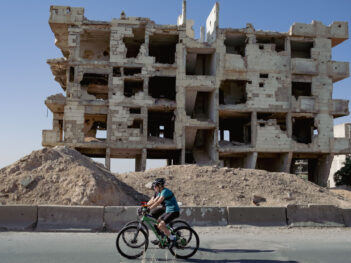
Pedaling Through the Fault Lines of Postwar Damascus
Every Friday, at dawn, 30 cyclists take to the streets of Damascus, riding through ruins and across the fault lines of a country emerging from 14 years of civil war. Among them are ex-rebels, former regime loyalists and foreigners drawn to the challenge of navigating Syria’s shattered landscape.
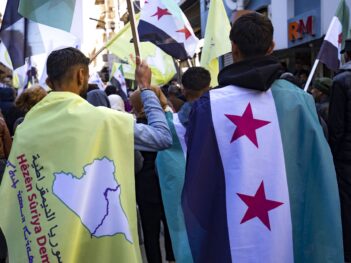
After a Century, the Question of the Kurds’ Place in Syria Remains Unresolved
Since the end of the Ottoman era a century ago, the question of the Kurds’ place in Syria has been shaped by a complex history of integration, separatism, oppression and struggle. It suggests that the recent deal between the Kurdish Syrian Democratic Forces and Damascus may prove to be fragile.
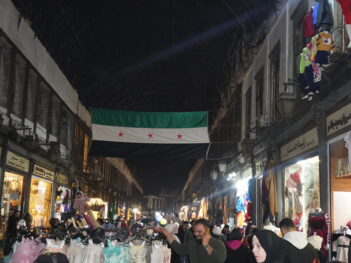
Syria Is Alive With Possibility
The streets, the buildings, even the smells were as I had left them. But the people — they were entirely different. In markets, on public transportation and in the souks, the change was palpable. Smiles adorned people's faces. There was a lightness in their movements and a joy in their interactions.
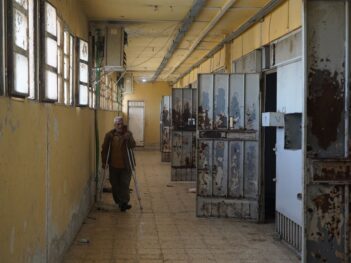
Hope and Despair at Assad’s ‘Human Slaughterhouse’
New Lines reports from Sednaya Prison, where Syrians brave horrors in a desperate search for lost loved ones.
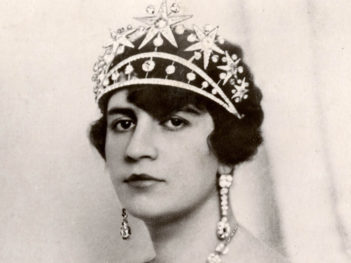
The Eva Perón of Afghanistan
Standing next to the king was his wife, Queen Soraya Tarzi, who was to Amanullah what Khadijah was to the prophet. As her husband finished his speech, the queen smiled and looked at the king with pride and affection as she gently tore off her veil, sending shockwaves throughout Afghan society.
